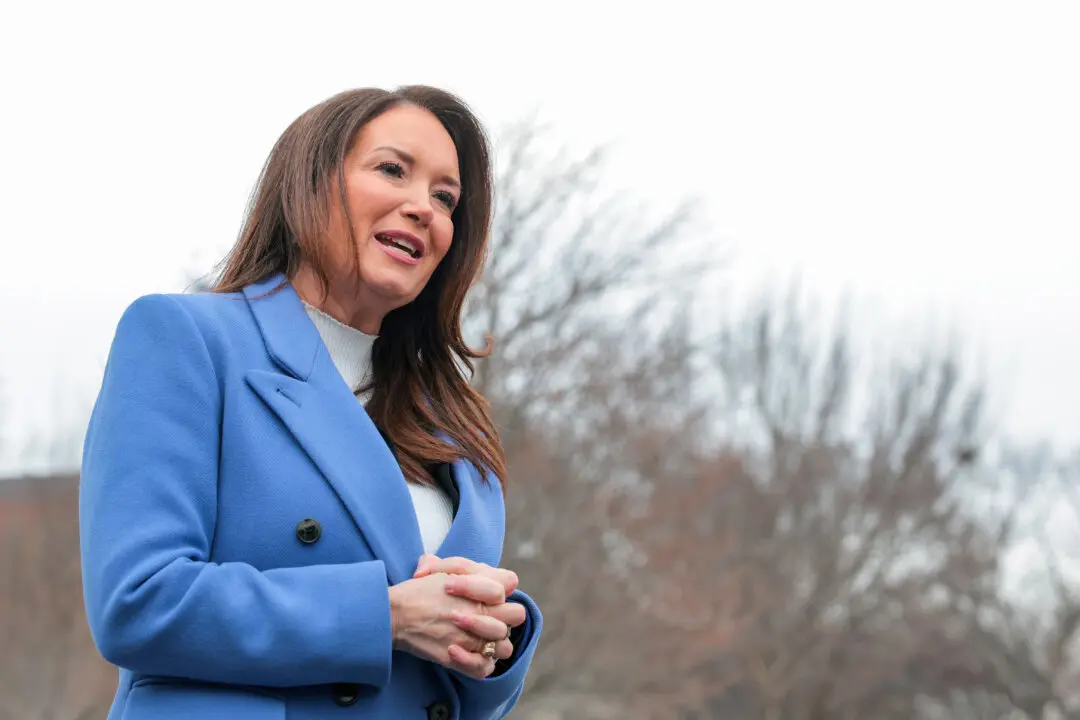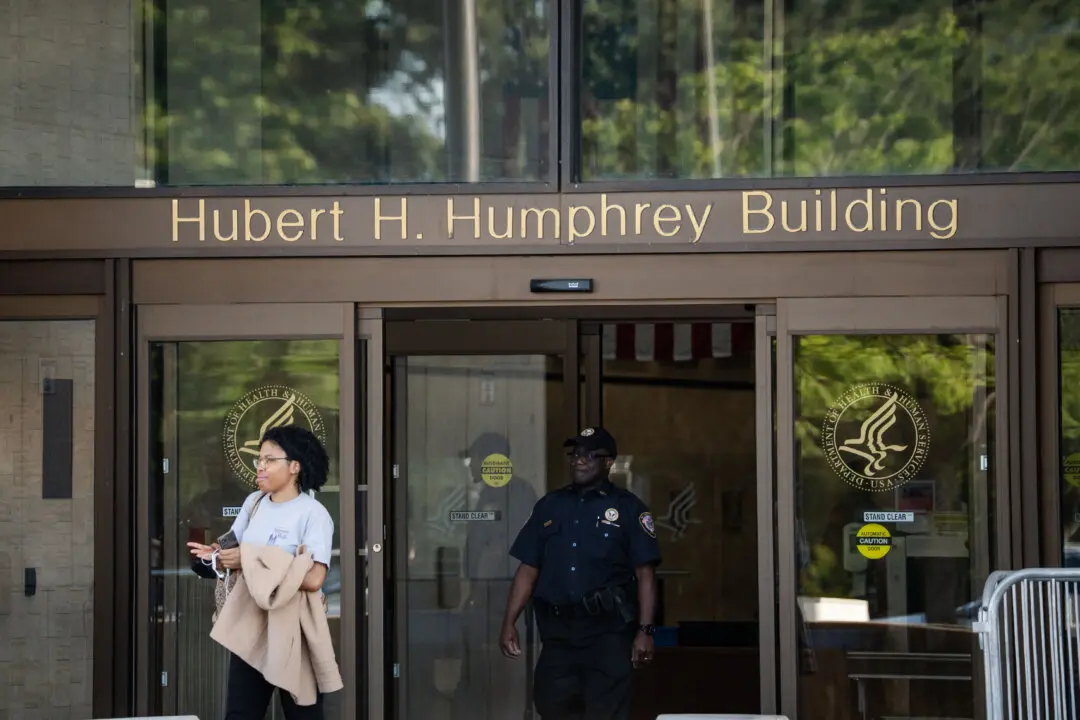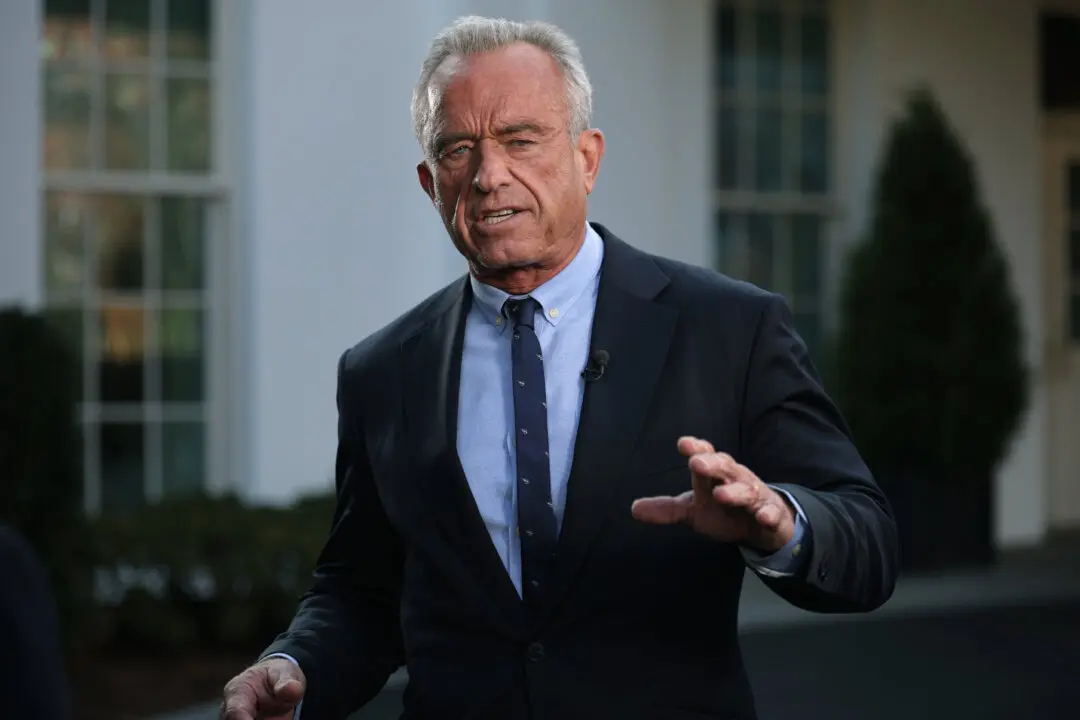U.S. Sen. Roger Wicker (R-Miss.) has joined some colleagues who want President Joe Biden and other world leaders to impose a no-fly zone over Ukraine, despite warnings that such a move would mean the United States would be engaging directly with Russia.
“Clearly, in the absence of a U.N. resolution, which Russia would veto, a strong coalition of like-minded nations should step in and seriously consider this,” Wicker, a member of the Senate Armed Services Committee, told the HuffPost.





